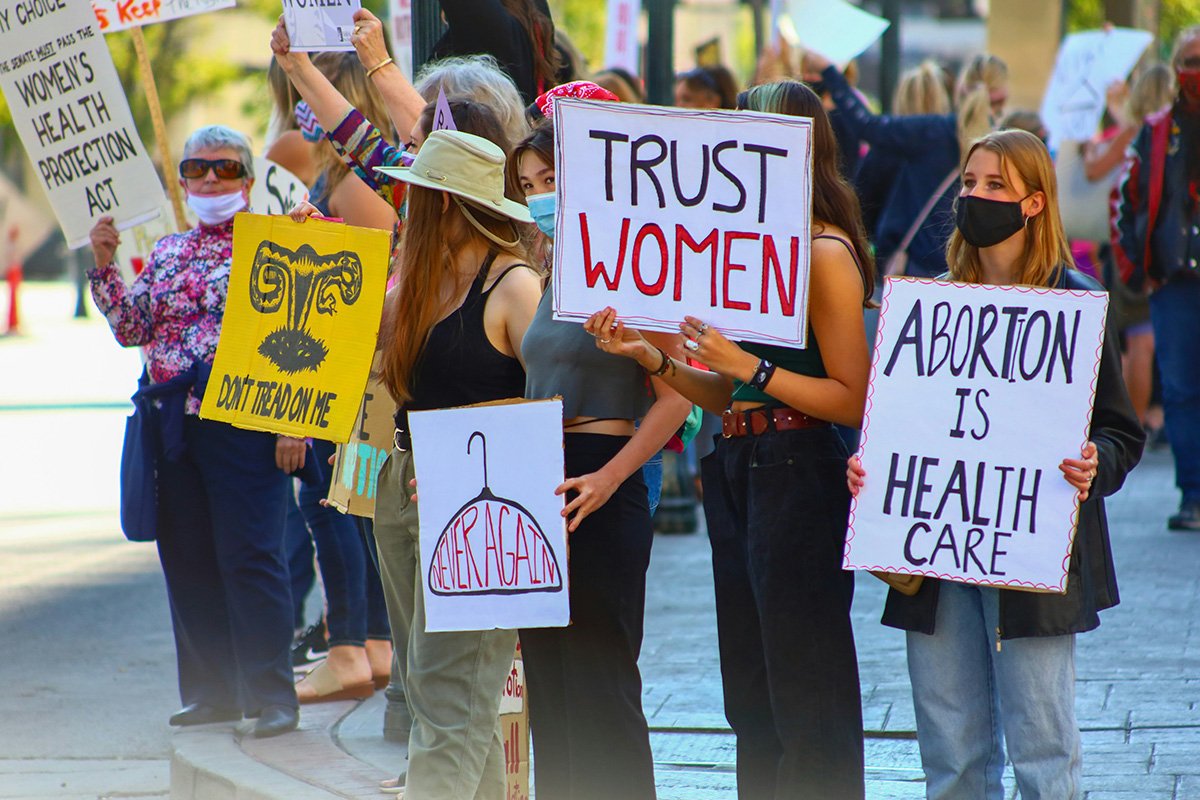September 3, 2013;Insurance Journal
It is hard to characterize the recent actions of the House Energy and Commerce Committee, led by chairman Fred Upton (R-MI), as anything but harassment of the recently-named navigators that only last month received $67 million to help consumers understand and select health insurance offerings on the state and federal exchanges. Now, as we are less than a month from the official October 1 start-up of the exchanges, 51 of the over 100 organizations named as navigators were sent a letter from Upton’s committee, demanding documents explaining how they were accounting for their navigators grants. Nonprofits of all stripes should see this as a frontal assault on a crucial nonprofit sector function in the implementation of the Affordable Care Act.
Sign up for our free newsletters
Subscribe to NPQ's newsletters to have our top stories delivered directly to your inbox.
By signing up, you agree to our privacy policy and terms of use, and to receive messages from NPQ and our partners.
Specifically, the Committee is asking the navigators for “written description(s) of how they’ll use the grants, and details of any communications with the Obama administration or with Enroll America, a Washington nonprofit that is working with the administration to promote the law…[and] details of any correspondence with insurance companies that will sell plans through the exchanges.” In recent months, the NPQ Newswire has examined Enroll America’s relationship to the Affordable Care Act implementation here, here, and here.
The committee cadged its request with the best of intentions, telling each recipient of the letter that the investigation was “to better understand the work you will perform as a navigator and the consumer protections that will be in place before open enrollment begins.” That wasn’t quite the way it was received by the Obama administration. HHS spokeswoman Joanne Peters emailed that the request was “a blatant and shameful attempt to intimidate groups who will be working to inform Americans about their new health insurance options and help them enroll in coverage.” Ron Pollack, the executive director of Families USA, the parent organization of Enroll America, said in an email that the committee’s request was “no doubt…[an] unreasonable request for burdensome paperwork is exclusively motivated to harass community organizations that stand ready to help uninsured families gain health coverage under the Affordable Care Act.”
Typically, a committee concerned with a federal funding program would examine the proposals the organizations submitted to get their navigator grant awards and then call in the grant-making agency to discuss how well they were doing with their implementation. The Upton committee’s request is a preemptive strike of sorts, quite clearly meant to throw a monkey wrench into the preparations of the navigators as they get ready for a complex health-insurance marketplace scheduled to be up and running in short order. This is a committee that has repeatedly complained about delays and cost overruns in the Obama administration’s gearing up for the Affordable Care Act (see its August 15th press release about the navigators grants, subtitled “Behind Schedule and Over Budget”), but its strategy seems to us meant to distract the navigators from focusing on the tasks at hand as they gear up as fast as possible for a looming deadline. Add the committee’s action to the efforts of varying states to impose onerous requirements beyond those of HHS on the navigators and the August 14th letter sent by 13 Republican state attorneys general demanding explanations of how the navigators will guarantee consumer privacy in the data they collect, and the picture is clear—multiple approaches to derail the navigators.
It’s time for the nonprofit sector’s leadership organizations to step up. This isn’t merely an attack on the Affordable Care Act. It is an attack on the ability of nonprofits receiving federal grants to carry out their proposed plans. Imagine if the congressional oversight process on other federal grant programs were to involve investigations of grantee performance before that performance had really begun. The Upton committee’s presumptuous request is not only an attack on the nonprofit navigators, but a terrible precedent for nonprofit grantees of all federal grant programs. It’s time for the nonprofit to tell Fred Upton and his committee colleagues that his preemptive investigation of the navigators is lousy congressional oversight practice and an affront to the capacity and professionalism of nonprofit service deliverers.—Rick Cohen












